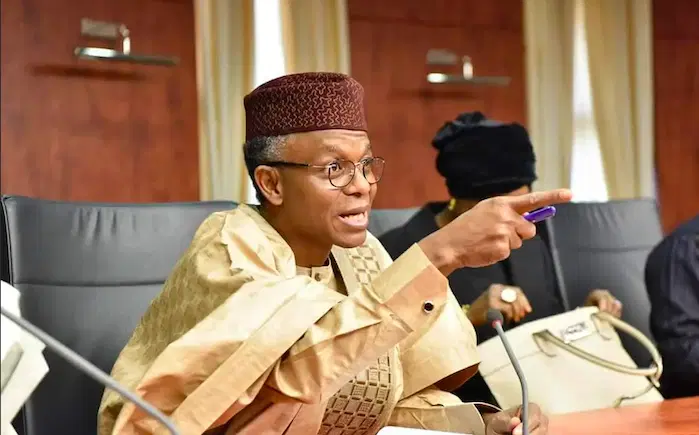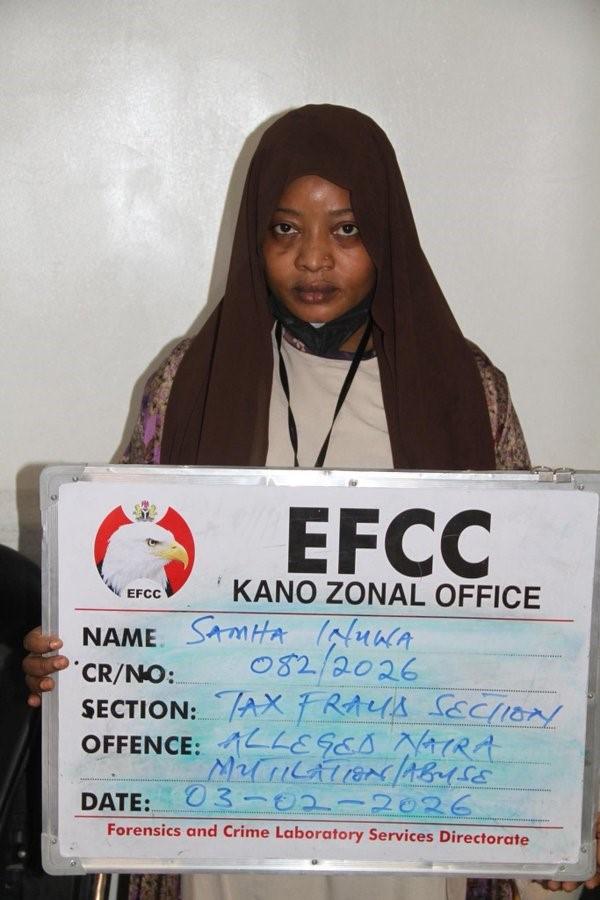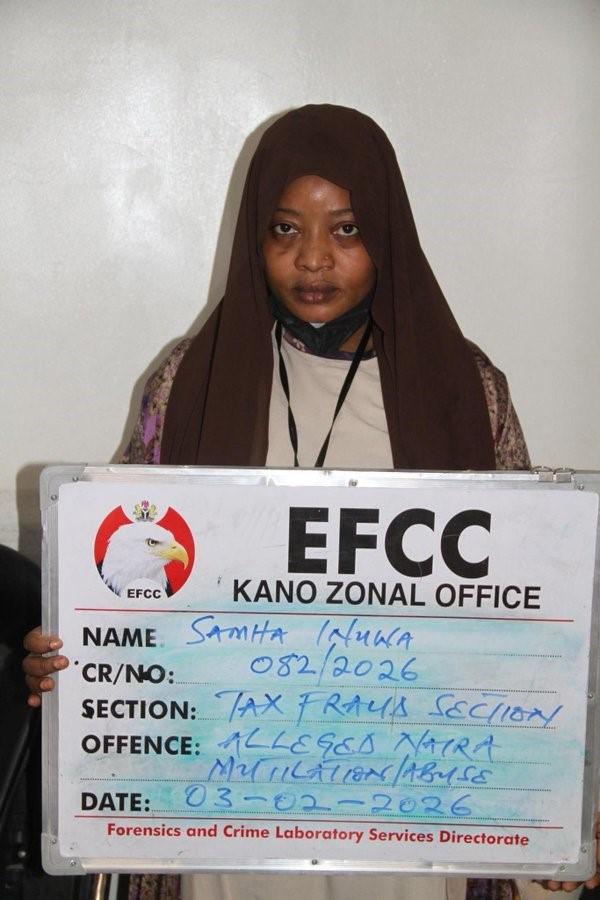
Iran's supreme leader Ayatollah Ali Khamenei addresses the Assembly of Experts during a meeting in Tehran, on September 4, 2014Iran's supreme leader Ayatollah Ali Khamenei addresses the Assembly of Experts during a meeting in Tehran, on September 4, 2014
Iran's supreme leader Ali Khamenei on Thursday slammed Western values which he said, unlike those in the Islamic republic, undermine femininism.
His comments come amid political tensions in Iran where conservatives want to strengthen measures preventing women and men from mixing while President Hassan Rouhani advocates more social freedoms.
"Moral crises are increasing in the West, such as... adopting a wrong position about 'women' and seriously undermining the feminism wave," Khamenei said in remarks posted on his website www.leader.ir.
In Iran, values concerning the role of women in society are inscribed in the constitution which states it is the "duty" of Iranian women to raise children within the respect of religion.
Khamenei made the remarks during a meeting with the Assembly of Experts, a body of religious leaders tasked with overseeing the activities of the supreme leader and who have the power to sack him.
The assembly met Khamenei after wrapping up its annual conference during which they discussed the West's "cultural invasion", such as liberal dress codes and concerts that violate religious law, media reported.
In June, 195 of the conservative-dominated parliament's 290 MPs wrote to President Rouhani asking him to enforce the dress code law, denouncing what they called a Western "cultural invasion".
Rouhani, a moderate elected in June 2013 after campaigning for greater cultural and social freedoms in Iran, has also stirred controversy.
In October he asked police to be moderate when enforcing the requirement for women to wear the hijab -- a veil covering the neck and hair.
Under Islamic law in force in Iran since the 1979 revolution, women must wear loose clothing and a hijab.
But recent years have seen many wear a thin veil that hardly covers the hair, tight clothing or coats reaching mid-thigh instead of the long coat or chador.
More recently the police chief triggered criticism from Vice President Shahindokht Molaverdi after he said women should not serve clients in traditional tea houses and coffee shops, apparently to avoid direct contact with men.
Molaverdi denounced the suggestion saying banning women from being waitresses could only undermine their position in society and force them out of jobs.
A decision by Tehran Mayor Mohamad Bagher Ghalibaf, a conservative, to separate men and women from working together at the town hall has also triggered alarm among liberals.
Meanwhile women's publications have also come under scrutiny, according to Shahla Sherkat, editor in chief of Zanane Emrooz (Women Today).
Sherkat told AFP on Thursday she had been summoned by a media watchdog after a complaint had been lodged against her magazine for publishing pictures of women "considered as objects".
AFP



















